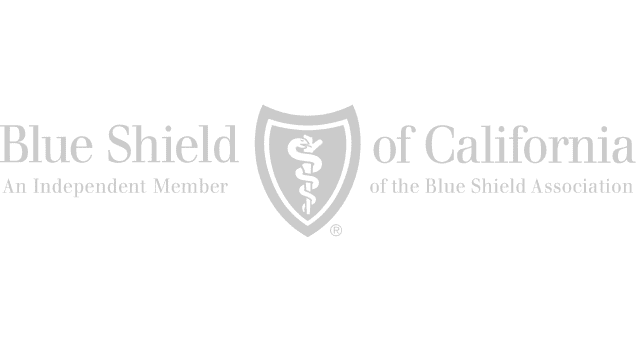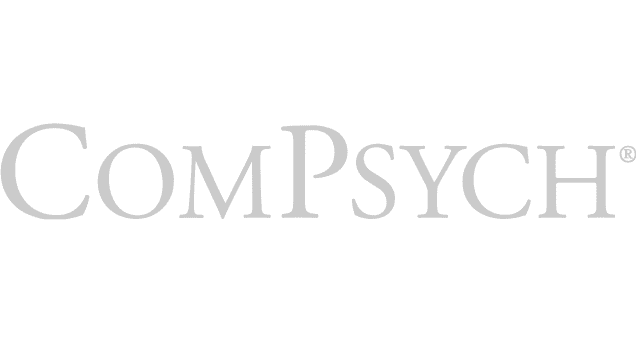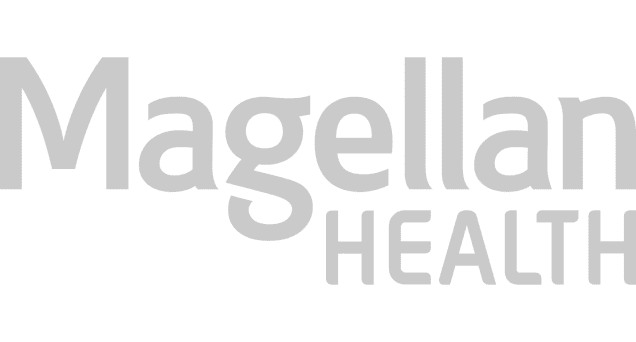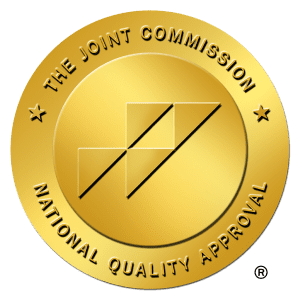A trigger is a catalyst—be it emotional, environmental, or social—that evokes memories of past substance use. These memories can trigger intense emotions and cravings, potentially leading to the urge to use substances again. While triggers alone don’t guarantee relapse, they can significantly challenge an individual’s ability to resist cravings.
Understanding Triggers in Addiction Recovery: A Guide from Grata House
Triggers play a pivotal role in the journey of addiction recovery. At Grata House, a luxury dual diagnosis treatment center in Thousand Oaks, CA, we recognize the significance of identifying and managing triggers for successful recovery. Explore the intricate world of triggers, their profound impact on addiction recovery, and the strategies you can employ to triumph over them.

Understanding Triggers in Addiction Recovery: A Guide from Grata House
Triggers play a pivotal role in the journey of addiction recovery. At Grata House, a luxury dual diagnosis treatment center in Thousand Oaks, CA, we recognize the significance of identifying and managing triggers for successful recovery. Explore the intricate world of triggers, their profound impact on addiction recovery, and the strategies you can employ to triumph over them.

What Are Triggers? Unraveling the Connection to Addiction

Understanding Addiction as a Chronic Condition
Addiction shares similarities with other chronic conditions like diabetes in terms of relapse rates. Just as patients with chronic conditions might face setbacks when straying from treatment plans, those in recovery can experience triggers when their daily routine intersects with past substance use. These triggers activate cravings and associations that demand a thoughtful response.

Understanding Addiction as a Chronic Condition
Addiction shares similarities with other chronic conditions like diabetes in terms of relapse rates. Just as patients with chronic conditions might face setbacks when straying from treatment plans, those in recovery can experience triggers when their daily routine intersects with past substance use. These triggers activate cravings and associations that demand a thoughtful response.
Your Journey to Wholeness Begins with Only a Willingness
We’re here to encourage and support you.
Start On Your Path today!
Need Clarity? Text or Call our Admissions Team Anytime.
Your Journey to Wholeness Begins
with Only a Willingness
We’re here to encourage and support you: Start On Your Path today! Need Clarity?
Text or Call our Admissions Team Anytime.
Exploring Common Relapse Triggers
These basic human needs can magnify triggers if neglected, reducing coping abilities. Prioritize regular meals, mindfulness practices, social support, and sleep to stabilize your baseline.
Negative emotions that led to substance abuse initially can resurface during recovery. Equipping yourself with coping skills through therapy can counteract their impact.
Chronic or acute stress can amplify triggers, making preventive self-care and coping strategies vital for managing stress-induced cravings.
Maintaining humility in recovery is crucial. Overconfidence can lead to risky behaviors and relapse. Remember that addiction is a chronic condition requiring ongoing vigilance.
Underlying mental illnesses and physical health issues can exacerbate triggers. Communicate your recovery status to healthcare providers to avoid trigger-inducing medications.
Isolating oneself can increase vulnerability to triggers. Foster connections through sponsors, friends, or support groups to combat loneliness.
Intense emotions tied to romantic relationships can trigger a relapse. Consider avoiding new romantic involvements during the early stages of recovery.
Positive life changes like new jobs or promotions can also trigger a relapse. Plan sober celebrations and seek support when adjusting to increased responsibilities.
Remembering past substance use positively can be a dangerous trigger. Engage your support network if you find yourself fixating on such memories.
Identifying trigger-inducing environments is vital. Make a list of these triggers and collaborate with supporters to navigate these situations safely.

Empowering Your Recovery Journey at Grata House
At Grata House, we recognize the intricate interplay between triggers, addiction recovery, and mental health. Our dual diagnosis treatment center in Thousand Oaks, CA, is dedicated to equipping you with the tools needed to overcome triggers and embrace a fulfilling life in recovery. Our team of experts, tailored programs, and holistic approach prioritize your well-being every step of the way.
Reclaim control over your life and conquer triggers with the support of Grata House. Contact us today to embark on a transformative journey toward lasting recovery and mental wellness.

Empowering Your Recovery Journey at Grata House
At Grata House, we’re dedicated to providing a nurturing environment that encourages holistic healing. Our experienced team of professionals tailors treatment plans to each individual’s unique needs, integrating evidence-based therapies with holistic approaches. By embracing a holistic mindset, you can achieve lasting recovery and create a fulfilling life beyond addiction.











Your Journey to Wholeness Begins
with Only a Willingness
We’re here to encourage and support you.
Start On Your Path Today!
Need Clarity? Text or Call our Admissions Team Anytime.
Your Journey to Wholeness
Begins with Only a Willingness
We’re here to encourage and support you. Need Clarity? Text or Call our Admissions Team Anytime.
Start On Your Path today!
